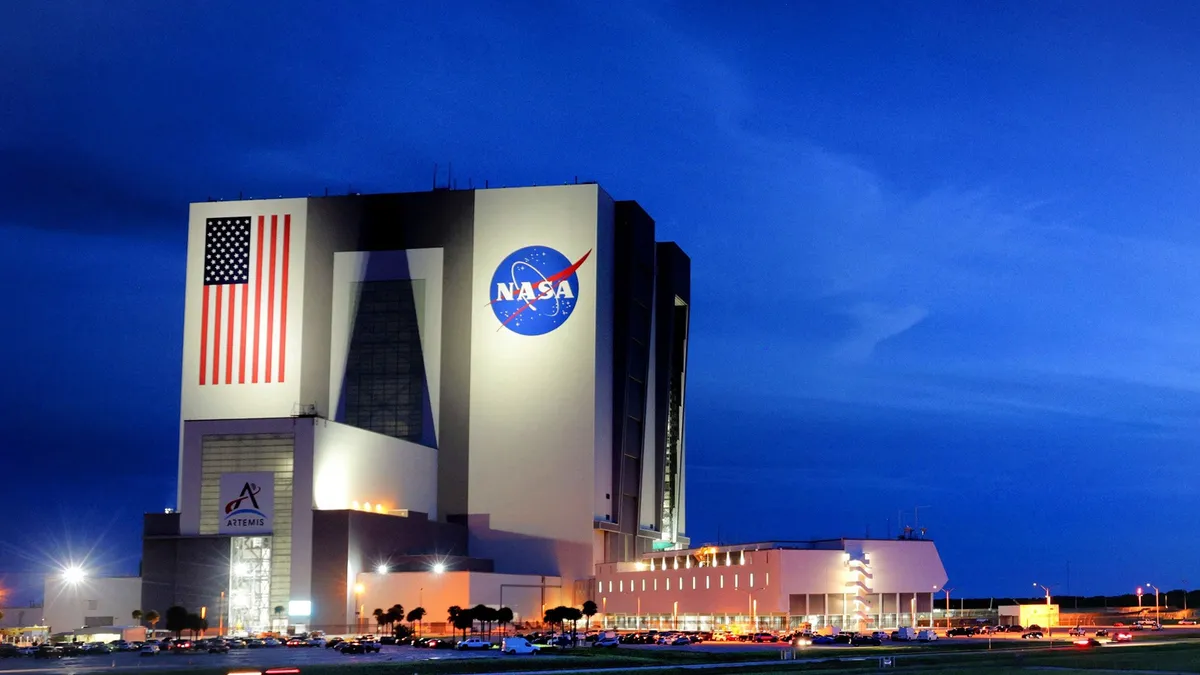
In a remarkable display of solidarity, all seven living former Associate Administrators of NASA's Science Mission Directorate have come together to sign a joint letter opposing the Trump administration's proposed 47% cut to NASA's 2026 science budget. This unprecedented collaboration highlights a shared commitment to preserving the integrity and future of NASA's scientific endeavors.
The former administrators unanimously urge Congress to reject the proposed cuts to NASA's budget and advocate for the retention of the 2025 budget. The signatories—John Grunsfeld, Alphonso Diaz, Lennard Fisk, Wesley Huntress, Alan Stern, Edward Weiler, and Thomas Zurbuchen—warn that these indiscriminate budget cuts would lead to the termination of numerous current and future missions. This, they argue, would severely damage an exceptional engineering and scientific workforce, resulting in the waste of billions of dollars in taxpayer investments.
The letter emphasizes that the budget cuts would undermine the United States' position as a global leader in space science, allowing other nations, including China, to gain ground. The former NASA leaders also shed light on the numerous benefits derived from NASA's science programs, which represent only about 3% of NASA's total budget. They argue that the proposed cuts overlook a fundamental truth: investments in NASA science have historically been a powerful driver of the U.S. economy and technological leadership.
In their letter, the signatories cite successful missions such as the Mars rovers, the Hubble Space Telescope, the James Webb Space Telescope, and the Parker Solar Probe as examples of how NASA’s scientific initiatives yield substantial returns. These missions not only lead to groundbreaking discoveries but also foster the development of novel technologies, algorithms, and advanced materials. Furthermore, they enhance the skills and knowledge of NASA engineers, resulting in positive and measurable benefits for the economy and national security.
This letter represents the latest significant response to the proposed NASA budget cuts. The Planetary Society, a nonprofit space advocacy organization, previously described the potential cuts as an "extinction-level event" for NASA science. Their Save NASA Science campaign has successfully gathered over 20,000 signatures from constituents across all 50 U.S. states and more than 100 countries, demonstrating widespread support for maintaining NASA's science funding.
In addition to the former administrators' letter, bipartisan groups in both the House and the Senate have voiced their opposition to the proposed budget cuts. NASA's science programs enjoy broad public and bipartisan support, which is well-deserved. The former NASA science chiefs emphasize that NASA science delivers meaningful benefits to the American public, offering not only economic advantages but also the inspiration that only NASA can provide. The achievements of NASA serve as a visible testament to what makes America great, fostering a positive image both domestically and internationally.